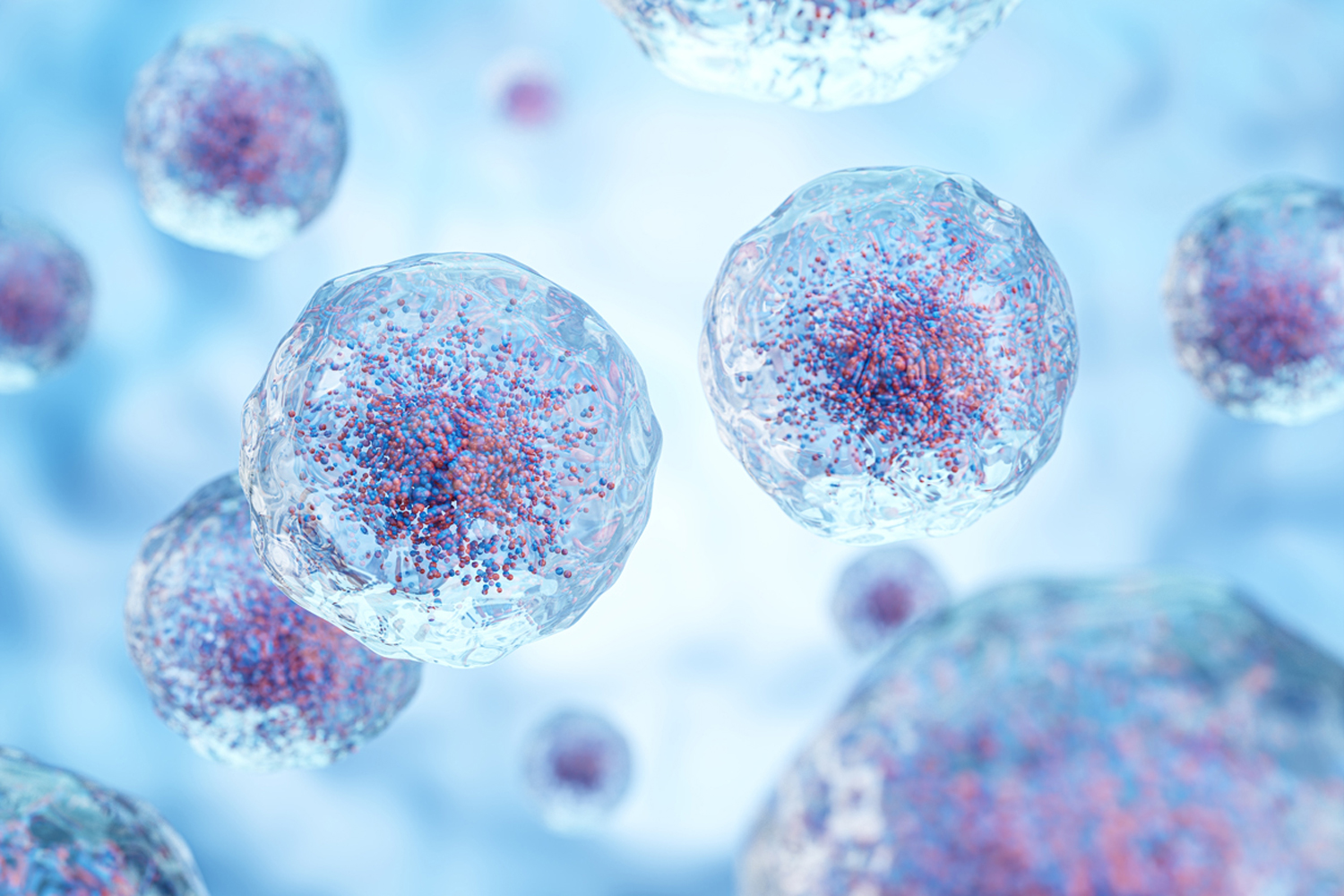NEW RESEARCH shows immune checkpoint inhibitors (ICIs) are just as effective and safe in cancer patients living with HIV as in those who do not have HIV.
Providers have long been wary about using ICIs to treat cancer in people living with HIV. The virus weakens the immune system by attacking white blood cells called CD4 T cells, which help fight infection. Since ICIs allow the immune system to recognize and attack cancer cells more effectively, experts have been concerned the diminished number and function of CD4 T cells in HIV patients might impact the effectiveness of ICIs.
While recent clinical trials have involved participants with HIV, many past trials on ICIs excluded HIV-positive patients, leaving oncologists with little guidance on whether ICIs can be used to treat people with both cancer and HIV. Talal El Zarif, an oncology research fellow at Dana-Farber Cancer Institute in Boston, says early ICI trials likely excluded people living with HIV because physicians were unclear if adverse reactions to immunotherapy could be more pronounced in people with HIV or how antiretroviral medications—drugs people with HIV typically take to keep the virus in check—would interact with immune therapy.
In 2021, El Zarif and collaborators created the Cancer Therapy Using Checkpoint Inhibitors in People Living With HIV-International (CATCH-IT) Consortium to explore ICI use in patients with cancer and HIV. CATCH-IT included individuals from seven countries who had HIV and a confirmed cancer diagnosis and received ICIs between 2015 and 2021. A portion of patients also received chemotherapy, targeted treatments or additional immunotherapies.
In a study published July 20, 2023, in the Journal of Clinical Oncology, researchers retrospectively analyzed survival and treatment safety data for 390 people with both HIV and cancer from the consortium. Researchers observed similar response rates to ICI treatment among the participants with HIV (28%) and those who were HIV-negative (36%). Additionally, 42.3% of those with HIV were alive after two years of treatment compared with 41.5% of people without HIV. Study participants in both groups experienced similar incidence of immune-related side effects, such as lung inflammation and diarrhea.
“People with HIV have no excess or unexpected major treatment-related immune toxicities compared with historical and matched controls without HIV,” El Zarif says. “We also noticed that this is one of the few ICI studies that included many Black or Hispanic patients, which highlights the population that is most affected by HIV.”
Participants who had CD4 counts below 200—a benchmark indicating AIDS, which means severe immune suppression and heightened risk for complications—had overall survival rates and adverse effects similar to patients with CD4 counts above 200. Richard Ambinder, a medical oncologist at Johns Hopkins Kimmel Cancer Center in Baltimore who was not involved in the study, highlights that 30% of the individuals with HIV in the study had CD4 counts below 200. “There were concerns these patients might not respond to these drugs,” he says.
El Zarif says the international CATCH-IT registry, with over 10 cancer types represented in people with HIV treated with ICIs, provides extensive and diverse safety data, supplementing ICI trials in people living with HIV and offering valuable insights for real-world clinical outcomes. El Zarif says he hopes this research helps address clinicians’ hesitancy to treat this population with ICIs.
“It is now clear from this report and other experiences that people living with HIV who have cancer often respond well to these therapies,” Ambinder says. “We have had experience using these drugs in people living with HIV and seen good results, but it is nice to see it in print.”
Cancer Today magazine is free to cancer patients, survivors and caregivers who live in the U.S. Subscribe here to receive four issues per year.





